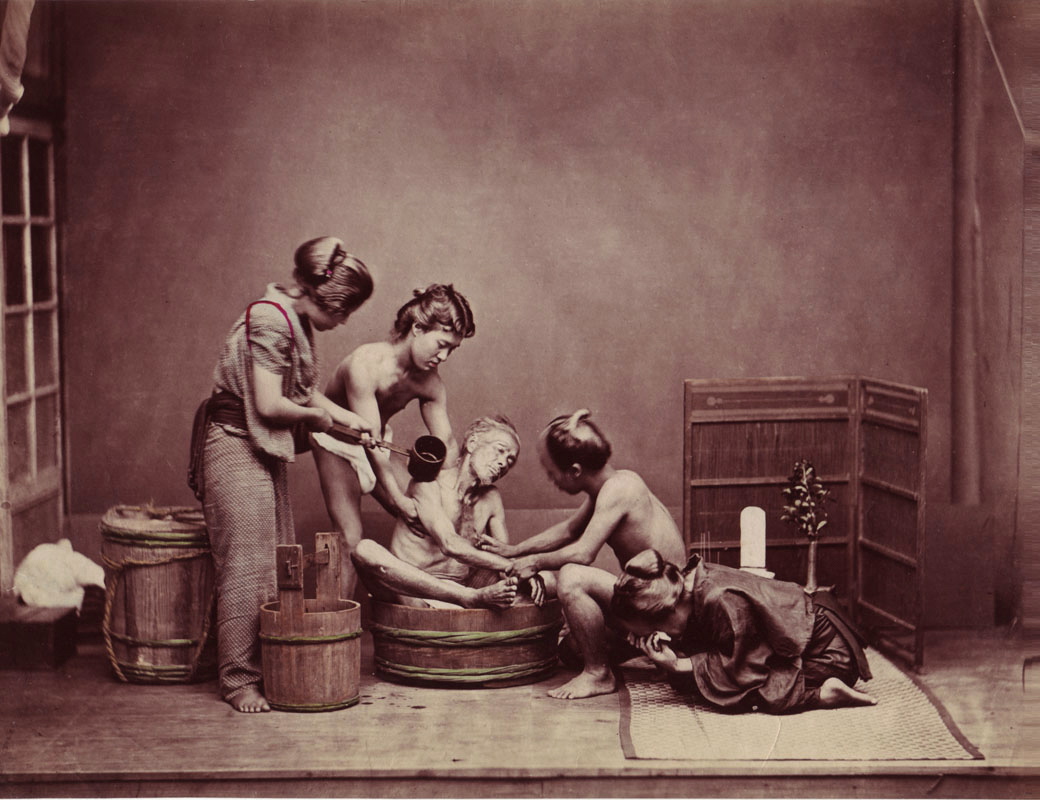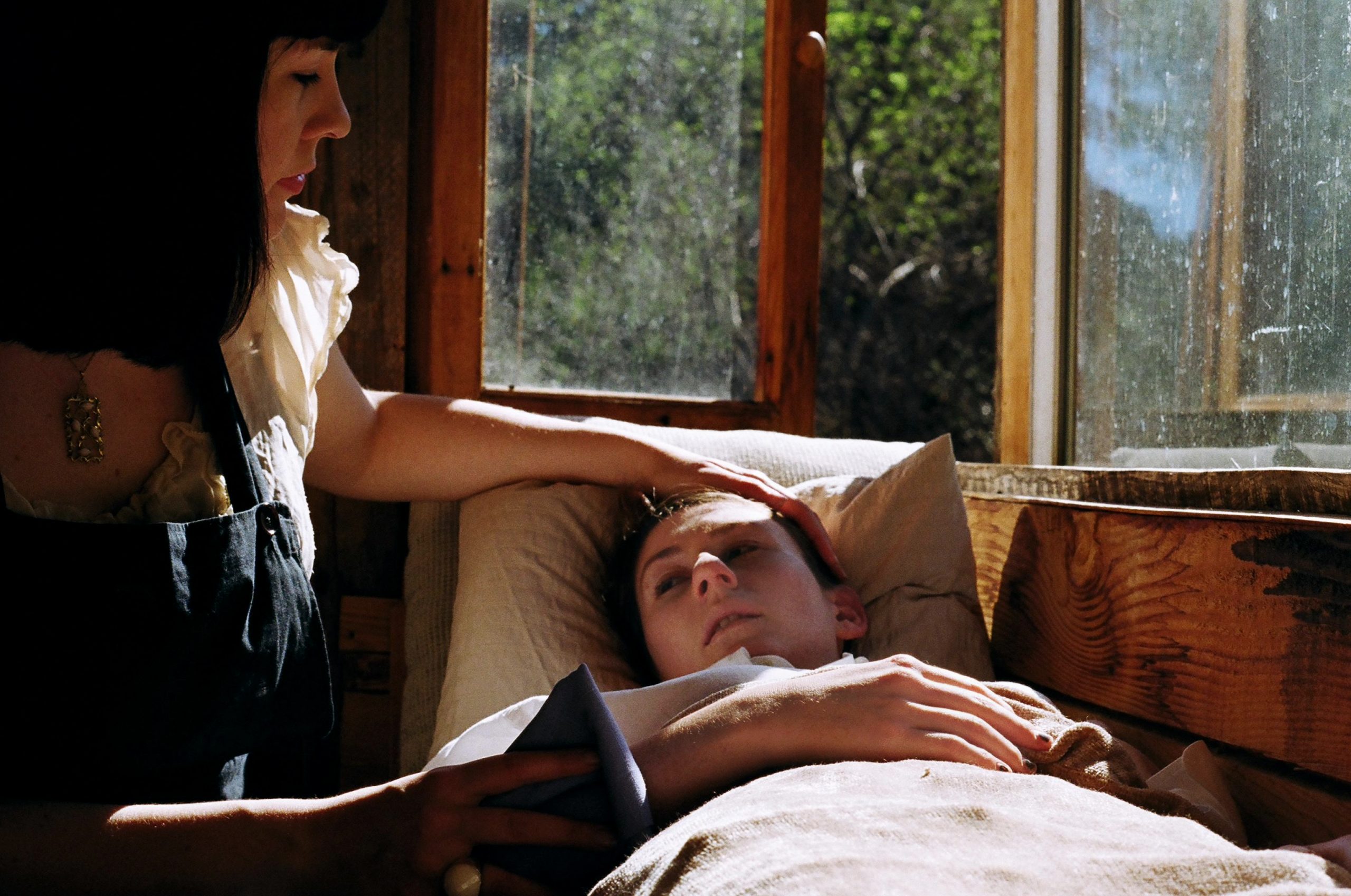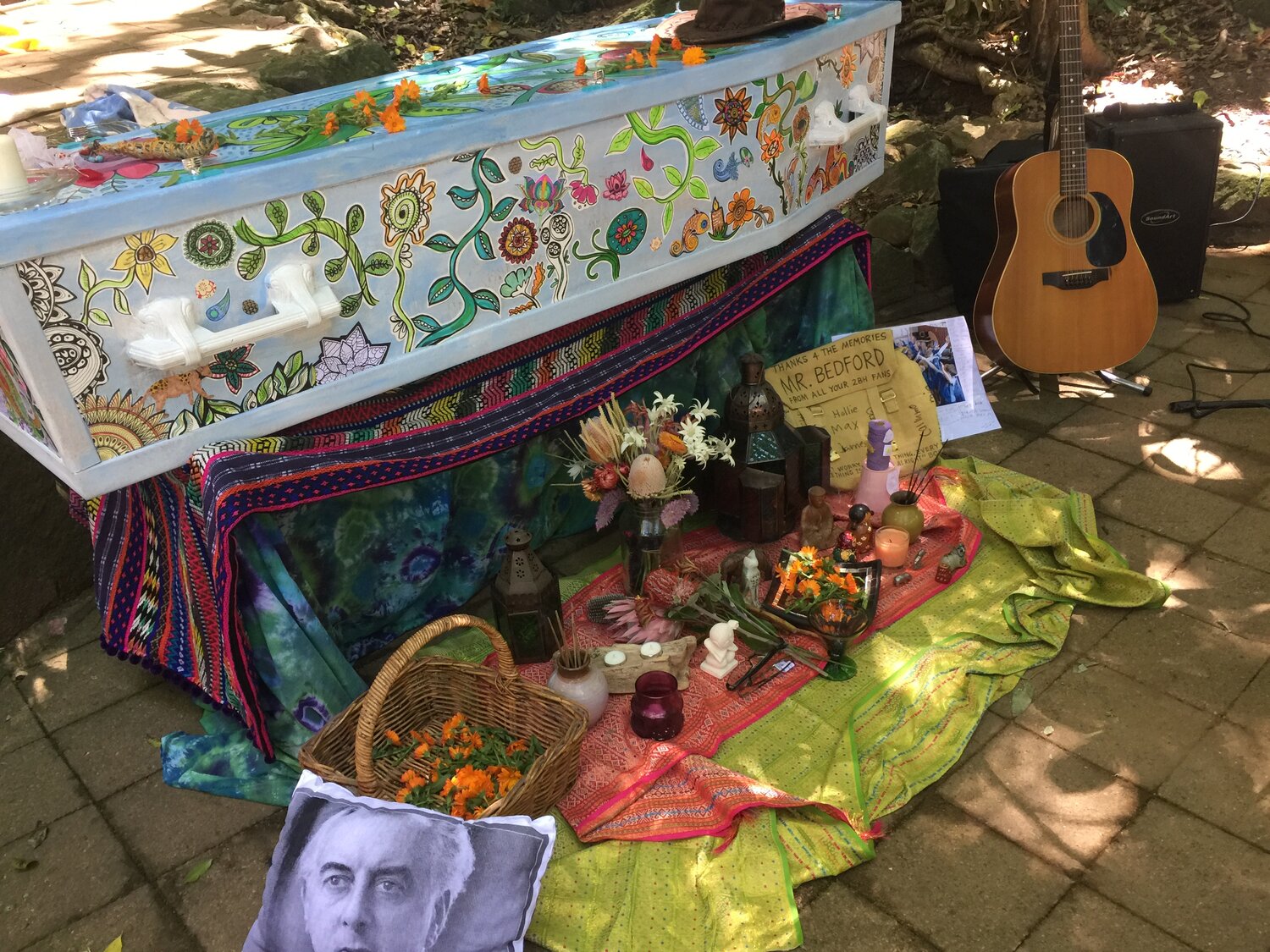A home funeral is what used to be called “a funeral” since all funerals took place in the family home. Nowadays it means choosing to keep a body at home after death, as opposed to having the body immediately picked up by a funeral home. It is a safe and legal choice for a family to make!
We want you to be informed and feel empowered so you can make the best decisions for you and that starts with knowing exactly what your rights are. Our video, Corpse Control (Know Your Rights), is a great place to start.
There are many reasons we at The Order are passionate about advocating for and protecting your right to have a home funeral. Our organization was founded on the belief that being present with the dead body can have profound implications. In this brief talk, Order founder Caitlin, beautifully explains why—you can watch the video or read the transcript.
Another crucial reason is our core mission–to make a good death accessible to all–and the issues inherent with the current funeral industrial complex such as an imbalance of power, limited accessibility, and an unnecessary financial burden that’s placed on families. To learn more in-depth about these issues read Why Caring For Our Own Dead Is An Act Of Social Justice.




